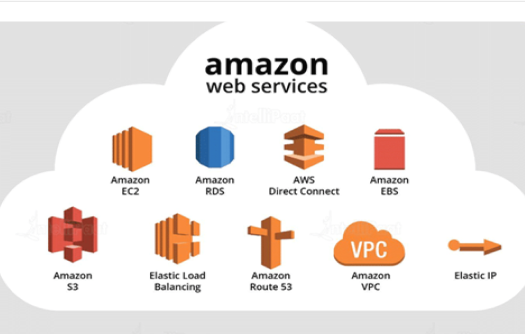Ways to prevent Online Frauds ?
Online frauds refers to any type of fraudulent activity that takes place on the internet. It can take many forms, including phishing scams, malware attacks, credit card fraud, and identity theft. Scammers use various tactics to trick people into revealing sensitive information or performing actions that compromise their security, such as clicking on a malicious link or downloading malware.
Online frauds can result in financial loss, the theft of personal information, and damage to a person’s reputation or identity. It is important to be vigilant about protecting yourself from online fraud by using strong passwords, enabling two-factor authentication, being cautious when clicking on links or downloading attachments, and using secure networks and websites
Why people fall into Online Frauds ?
There are many reasons why people fall victim to online frauds. One of the main reasons is a lack of awareness about the tactics that scammers use. For example, many people are unaware of the techniques used in phishing attacks and may unknowingly reveal sensitive information or download malware when they receive a seemingly legitimate email or message from a fake account pretending to be a trusted source.
Another reason people fall victim to online frauds is because scammers use clever and sophisticated tactics to manipulate their targets. They may use social engineering techniques to exploit human emotions such as greed, fear, or kindness, or create a sense of urgency to pressure people into making impulsive decisions.
In addition, some people may fall victim to online frauds because they use weak, easily guessable passwords, or they reuse the same password across multiple accounts. This makes it easier for hackers to gain access to their accounts.
Finally, people may fall victim to online frauds because they do not take adequate precautions to protect their online security, such as ignoring updates for their operating system and antivirus software, or conducting financial transactions on unsecured networks

How can we protect ourselves from these Online Frauds?
There are many ways to protect yourself from online frauds, and some of the most effective methods include:
- Use strong, unique passwords for each of your online accounts. Avoid using easily guessable passwords such as “password” or “123456,” and use a combination of letters, numbers, and special characters instead. Consider using a password manager to generate and store strong, unique passwords for you.
- Enable two-factor authentication (2FA) on your accounts whenever possible. 2FA adds an extra layer of security by requiring you to enter a code sent to your phone or generated by an authentication app in addition to your password when logging in.
- Be cautious when clicking on links or downloading attachments, especially if you receive them from unfamiliar sources. Scammers often use phishing attacks to trick people into revealing sensitive information or downloading malware.
- Use a secure, up-to-date web browser and keep your operating system and antivirus software updated. These measures can help protect you from malware and other threats.
- Avoid conducting financial transactions on public Wi-Fi or using unsecured networks. It is best to use a private, secure network when making online purchases or accessing sensitive information.
- Be aware of “social engineering” tactics, which are methods scammers use to manipulate people into revealing sensitive information or performing actions that compromise their security. Examples include impersonating a trusted individual or authority figure, creating a sense of urgency or fear, and exploiting human emotions such as greed or kindness.
- Keep an eye on your accounts and credit report for any unusual activity. Regularly review your bank and credit card statements for unauthorized charges, and consider setting up fraud alerts with the major credit bureaus.
- Use secure websites when making online purchases and ensure that the website’s address begins with “https” and has a padlock icon next to it. This indicates that the connection is encrypted and secure.
- Consider using a virtual credit card or disposable credit card when making online purchases. These types of cards generate a unique, one-time-use credit card number for each transaction, which can help protect your actual credit card number from being compromised.
- Be wary of unsolicited phone calls, emails, or texts requesting sensitive information or asking you to click on a link or download an attachment. Scammers often use these tactics to steal personal information or install malware on your device.
By following these tips and being vigilant about your online security, you can greatly reduce the risk of falling victim to online frauds.
If you believe you have been a victim of online frauds, there are several steps you should take to protect yourself and report the incident.
- Contact your bank or credit card Company immediately to report any unauthorized charges or activity on your account.
- Change your passwords for any accounts that may have been compromised. Use strong, unique passwords and consider using a password manager to generate and store them.
- If you provided sensitive personal information, such as your social security number or date of birth, to the fraudster, you should consider freezing your credit to prevent anyone from opening new accounts in your name. You can do this by contacting the major credit bureaus: Equifax, Experian, and TransUnion.
- If you believe you have been a victim of identity theft, you should file a report with the Federal Trade Commission (FTC) at identitytheft.gov.
- If you received a phishing email or message, you should report it to the Anti-Phishing Working Group at reportphishing@apwg.org.
- If you believe you have been a victim of a scam or fraud, you can report it to the FTC at ftc.gov/complaint.
By reporting online frauds, you can help authorities investigate and prosecute those responsible and potentially protect others from falling victim to similar scams.















































